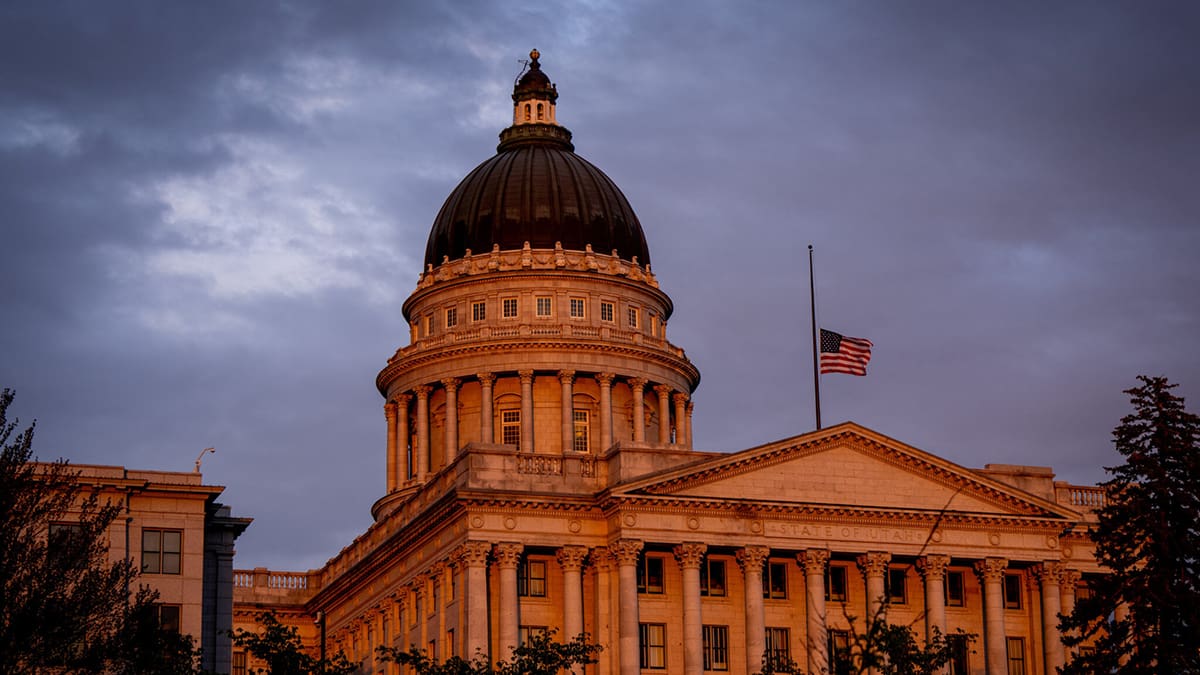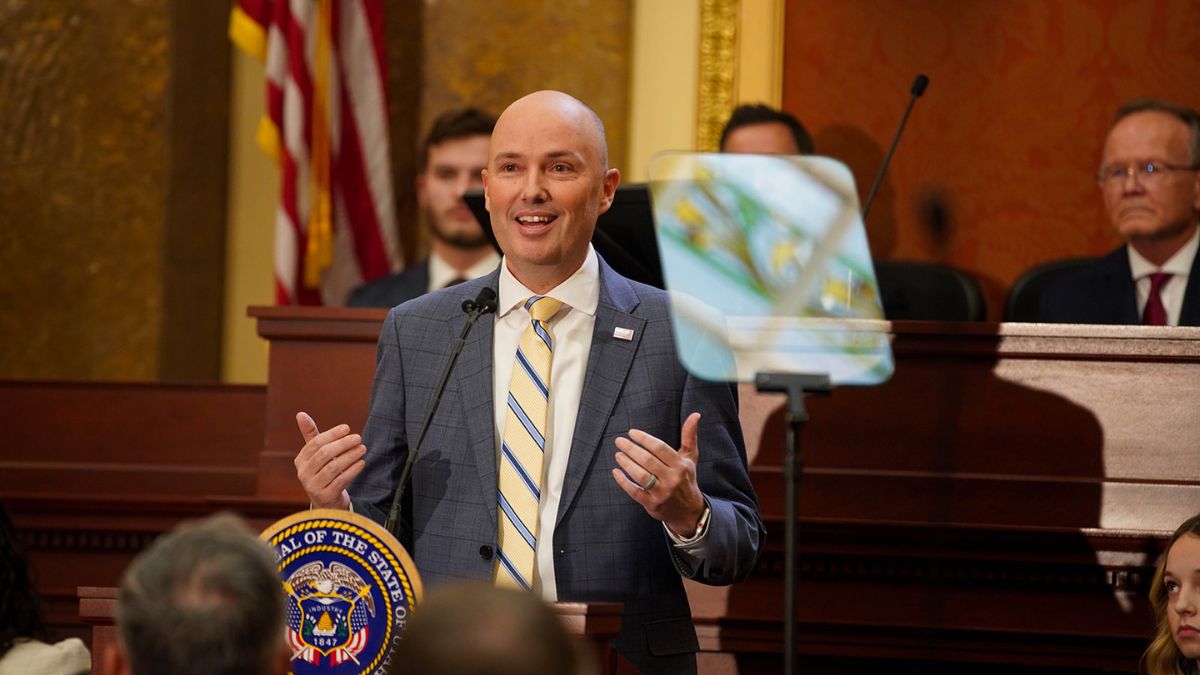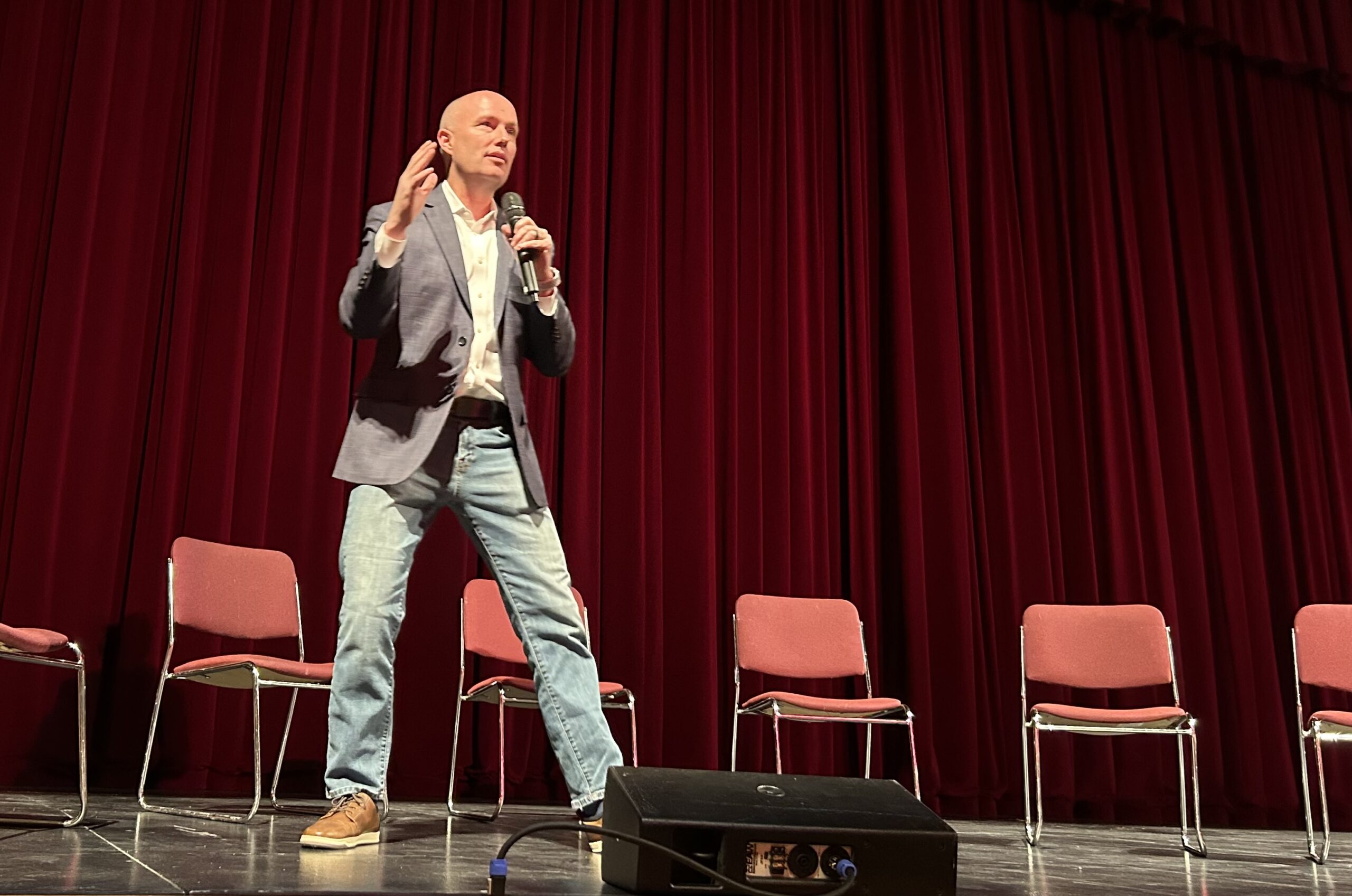Politics
Judge blocks Utah’s social media laws, writing they likely violate the First Amendment

The Capitol in Salt Lake City is pictured on Monday, May 6, 2024. Photo: Spenser Heaps for Utah News Dispatch
By Kyle Dunphy, Utah News Dispatch
SALT LAKE CITY, Utah – Utah’s social media laws that sought to curb teen use and protect their online privacy were put on hold Tuesday after a federal judge ruled they were likely unconstitutional, violating the First Amendment.
In a 39-page ruling, U.S. District Court Judge Robert Shelby in Utah granted a request for a preliminary injunction, blocking the law from taking effect on Oct. 1 while the lawsuit plays out.
Lawmakers passed SB194, which created the Utah Minor Protection Social Media Act during the 2024 legislative session, which would have required social media companies verify the ages of all users to place default restrictions on accounts belonging to minors.
Those restrictions included limiting direct messages, visibility and sharing features to the user’s “friends,” while disabling features that lead to “excessive use” like autoplay, push notifications and “perpetual scrolling.”
It would have also allowed parents or guardians to engage with their children’s accounts, granting them the ability to override the default settings imposed by the state. And, companies would be blocked from collecting and selling data tied to minor accounts.
Lawmakers hoped the new restrictions would give parents a tool to curb their children’s online presence, citing studies and stories that showed a link between social media use and depression, even suicide.
The trade association NetChoice, which represents companies like Google, Meta and X, claimed the restrictions violate the First and 14th amendments. Those same allegations were made in a similar lawsuit from several Utah-based activists and social media users, who also said the laws violate the Commerce Clause.
Shelby, in his ruling, acknowledged the state’s “earnest desire to protect young people from the novel challenges associated with social media use.”
“But owing to the First Amendment’s paramount place in our democratic system, even well-intentioned legislation that regulates speech based on content must satisfy a tremendously high level of constitutional scrutiny,” the ruling reads.
Shelby wrote that Utah has yet to show the state’s social media laws can withstand that scrutiny. As to the question of whether the laws violate social media companies’ First Amendment rights, Shelby said “the probable answer is ‘yes.’”
Utah Gov. Spencer Cox on Wednesday said he was “disappointed” with the ruling, but wrote on X that the state would continue its efforts to change how minors interact with social media.
“We always knew that this could be a long battle. And it is a battle worth waging, as the harm social media is causing our children continues. Let’s be clear: social media companies could voluntarily, at this very moment, do everything that the law put in place to protect our children. But they refuse to do so. Instead, they continue to prioritize their profits over our children’s wellbeing,” Cox said.
Chris Marchese, director of the NetChoice Litigation Center, said the ruling highlighted the “flawed” nature of the law, arguing that it was not only unconstitutional, but could also “backfire and endanger the very people it’s meant to help.”
“We look forward to seeing this law, and others like it, permanently struck down and online speech and privacy fully protected across the country,” he said in a statement. “With this now sixth injunction against these overreaching laws, we hope policymakers will focus on meaningful and constitutional solutions for the digital age.”
The recent laws were the legislature’s second attempt at passing laws dealing with minors and social media, after the state was sued over two bills passed during the 2023 legislative session — the next year, lawmakers revised the laws in hopes that they passed constitutional scrutiny, but the legal challenges remained.
SB194 was passed along with a companion bill, HB464, which would allow an individual or organization to sue companies for any alleged harm done to a minor from social media use.
According to the bill text, a licensed mental health care provider would have to diagnose an “adverse mental health outcome”; a social media company would then have to prove to the court that their algorithmically curated content wasn’t the root cause.


















